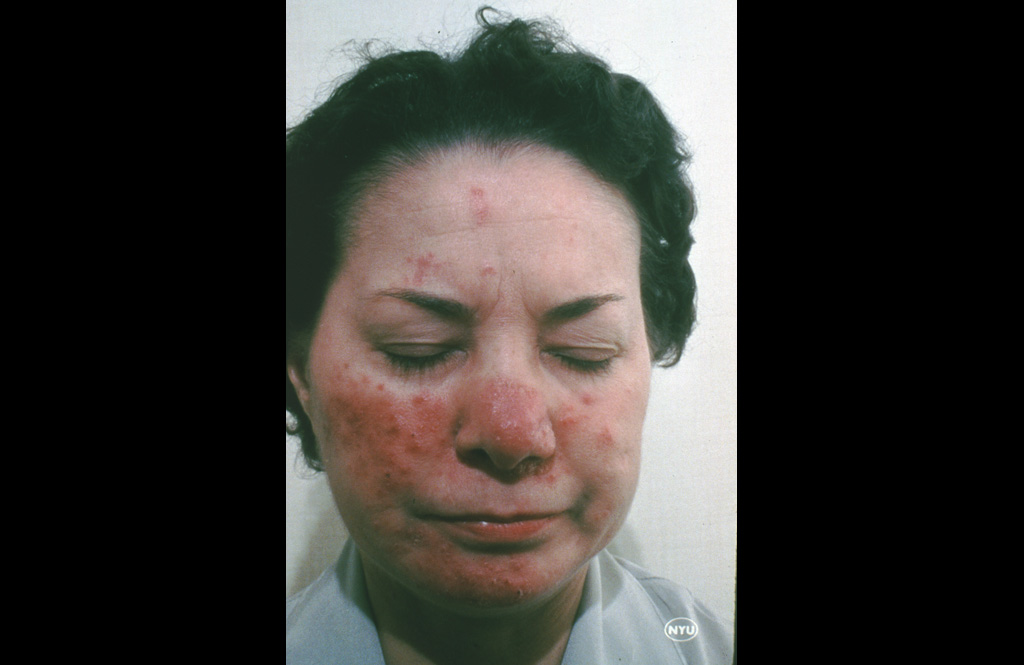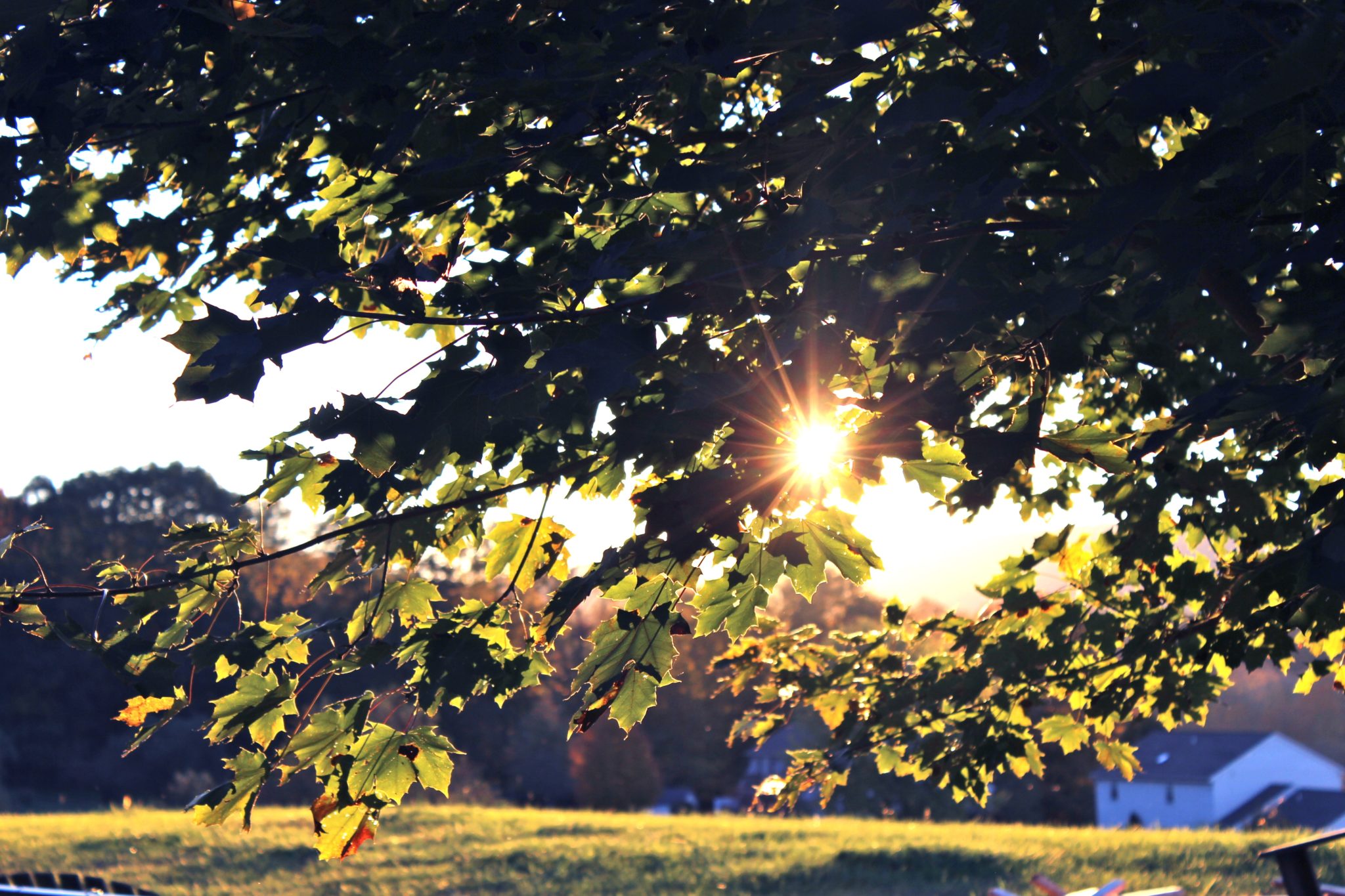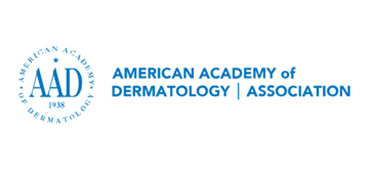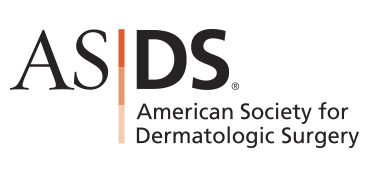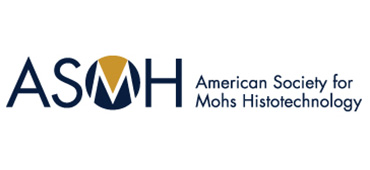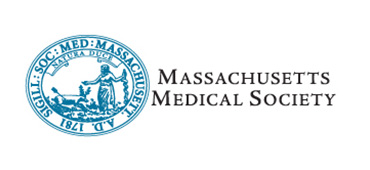What is Rosacea?
Rosacea (pronounced “roh-ZAY-sha”) is an inflammatory skin condition that causes redness, particularly of the cheek and nose. You may mistake some of its symptoms- small, red, pus-filled bumps or pustules – for acne. Rosacea refers to as adult acne or acne rosacea, but it has very little to do with the pimples that teenagers experience. Rosacea affects about 16 million people within the United States and about 45 million people globally. It typically affects people between the age of 30 and 60 with fair skin who blush easily and affects more women than men; however, more severe cases of Rosacea occur in men. A lot of people ask, is Rosacea genetic? The answer is not as straightforward as you would expect. Since Rosacea is seen more frequently in people with Nothern and Eastern European ancestry, there is an indication that it can be inherited, but this is not concrete evidence. Therefore, genetic studies are currently underway, and we hope to know more soon! Rosacea dates back to the 14th Century when a French surgeon recorded symptoms of red lesions on the cheeks and nose. Over the years, famous people like Bill Clinton, Cameron Diaz, and Prince Harry have been coping with Rosacea. While the causes of Rosacea are still being determined, and unfortunately, there is no cure, there is good news. The symptoms of Rosacea are treatable and can be managed effectively without getting in the way of your day to activities, and you can feel confident.
Causes of Rosacea
The cause of Rosacea is still unknown. One
theory suggests it is a disorder in the immune system- when your body encounters bacteria or a virus, it defends itself through the innate immune system that triggers a defense mechanism through complex immune cells and molecules. This defense mechanism is said to malfunction in people with Rosacea. However, Rosacea “flare-ups”(
Skin flushes and turns red) have common triggers like:
- Sunlight
- Prolonged exposure to heat or cold
- Stress and anxiety
- Alcohol (red wine is a prevalent trigger)
- Spicy foods
- Skin and hair products like hairsprays
- Exercise
Repeated flares can cause the redness to be more permanent, the skin begins to thicken, and makes treatment more difficult. Therefore, it is essential to know what your triggers are to reduce flares and achieve better results from treatments. After looking at some of the common Rosacea triggers mentioned above, you can follow the steps below to investigate what your triggers are. Please look at a more
extensive list compiled by the
National Rosacea Society.
How to Identify Rosacea triggers?
Complete this
form every day for at least two weeks- keep track of the weather conditions you expose yourself to, the food and beverages you consume, the activities you perform, skincare products you use, and medications you take. It is also essential to write down the symptoms of your flares and their severity when they occur.
After keeping track of these factors for a few weeks, you will be able to identify what triggers your flare-ups.
What helps Rosacea? (Managing Triggers)
You will find a way to cope with various triggers below:
Sunlight
Sunlight is the most common trigger- 81% of patients with Rosacea have identified exposure to the sun aggravates their flares. Having Rosacea does not mean you have to avoid being in the sun altogether. Apply sunscreen with an SPF higher than 30 every day. Ensure the sunscreen is fragrance-free and contains titanium oxide and zinc oxide as they rarely irritate sensitive skin. Other recommended tips are wearing a hat and seek shade whenever possible. If you have a sunburn, here are some
tips. Overexposure to sunlight can worsen
psoriasis as well.
Overheating and Hot beverages
If hot drinks like coffee or tea trigger your Rosacea, you should consider switching to iced tea or coffee. You can also consume these beverages lukewarmly. Overheating can be avoided by wearing layers- when you feel too hot, you can take off a layer and be comfortable again. If you are around a fireplace, heater, or any other sources of heat, try and sit at a reasonable distance, so you do not begin overheating. Try to take a warm bath or shower instead of a hot one, as this could lead to overheating.
Alcohol and Spicy Foods
The most common type of alcohol that triggers Rosacea flares is red wine. Histamine and resveratrol are the substances present in red wine that contributes to flushing if you already have Rosacea. Try to switch to white wine instead and limit yourself to a glass or two at most. Avoiding alcohol altogether is another solution. When it comes to spicy foods being a trigger, try a milder version; if this still causes flares, then you may have to avoid spicy foods entirely.
Makeup
Makeup helps to improve the look of your skin, which consequently boosts your confidence. However, you have to be careful with the makeup products you use and how you apply them as they could trigger a rosacea flare. Before applying makeup, you should gently wash your face. Use simple products with few ingredients that can be used multi-purposely- for example, use a green-tinted base. It is an excellent makeup base that evens out your complexion and makes the redness less visible. It is also recommended to get a base with UVA/UVB protection as it will protect your skin from triggers like sunlight, and it also makes your makeup last longer. When choosing a product, use it on your neck or arm to see if it causes any irritation before using it on your face. When picking a foundation and concealer, go for oil-free products. You should also use anti-bacterial makeup brushes to keep oil and bacteria away from your skin. Another sensitive area is your eyes, especially if you are experiencing ocular rosacea. When selecting eye shadows and pencils, try to go for neutral colors as they have less pigment, which means there is a lower chance of irritation. When it comes to mascara- look for an ophthalmologist-tested product that is gentle on the eyes and can easily be removed by washing gently with water. We also suggest you should go for neutral shades that are close to your natural lips to avoid a look of intense redness on your face.
How to Treat Rosacea
There is a wide range of treatments that are used to treat symptoms of Rosacea. Your doctor should design a treatment plan that fits your individual needs. Treatment options are based on subtypes and the level of severity of your Rosacea. Your dermatologist may combine treatment methods depending on your symptoms.
Facial Redness (Subtype 1)
Severe redness may be reduced using laser therapy or Intense Pulsed light therapy, which both require several sessions for satisfactory results. Recent studies have also discovered a prescription that may ease facial redness and discomfort.
Bumps and Pimples (Subtype 2)
Rosacea has symptoms like bumps and pimples that are consistent with
acne and can usually be seen after or at the same time as facial redness (subtype 1). Several medications treat Rosacea symptoms in the long-run that keep the symptoms away. Oral and topical medications are used in mild to moderate cases, which brings symptoms under control effectively. Then your dermatologist may use a topical treatment to keep the symptoms at bay in the long-term.
Skin Thickening (Subtype 3)
This thickening is usually seen around the nose and more frequently in men than women. Mild to moderate cases may be treated with medications, but more severe cases may require surgery.
